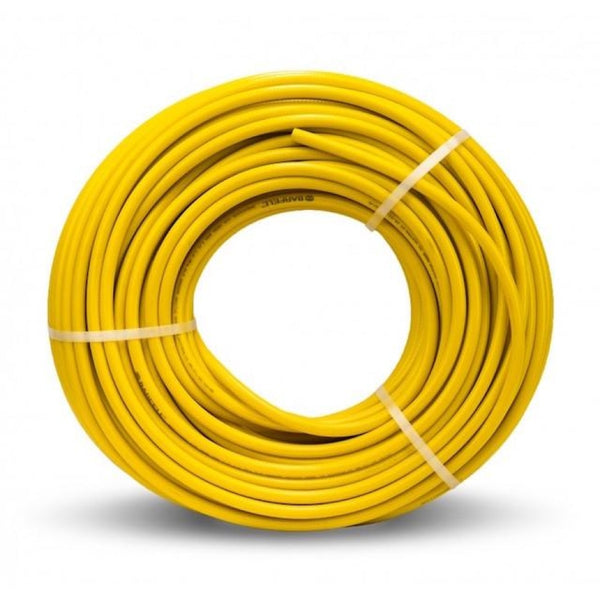CodFishHead
Registered
Moved to FL and decided I need to have a hookah system to do shallow dives, spearfishing, scalloping, and so on. I own a brewery so I already have all the SS quick disconnects, food grade hoses, multi stage regs, filters, and so on. I also have a bunch of scuba equipment I can convert to accept the air lines.
Not looking to reinvent the wheel I'm wondering who has done this and what oil less compressor you are using. Debating the gas and electric as well. I see pros and cons for both. Gas has much more power, more costly, possible exhaust issues are def a concern.
Electric is cheaper, less power, quieter, no boat needed to haul around.
I’m looking to go 30 foot or so max with two people on the same compressor. I want something that’s not struggling. I’m think at least I need 15bars pressure to insure nothing is stressed.
What compressor did you use for your build?
If electric what is your source of power? Small or large battery? How long does it last?
Appreciate any and alll help.
Thank you
Jay
Not looking to reinvent the wheel I'm wondering who has done this and what oil less compressor you are using. Debating the gas and electric as well. I see pros and cons for both. Gas has much more power, more costly, possible exhaust issues are def a concern.
Electric is cheaper, less power, quieter, no boat needed to haul around.
I’m looking to go 30 foot or so max with two people on the same compressor. I want something that’s not struggling. I’m think at least I need 15bars pressure to insure nothing is stressed.
What compressor did you use for your build?
If electric what is your source of power? Small or large battery? How long does it last?
Appreciate any and alll help.
Thank you
Jay






